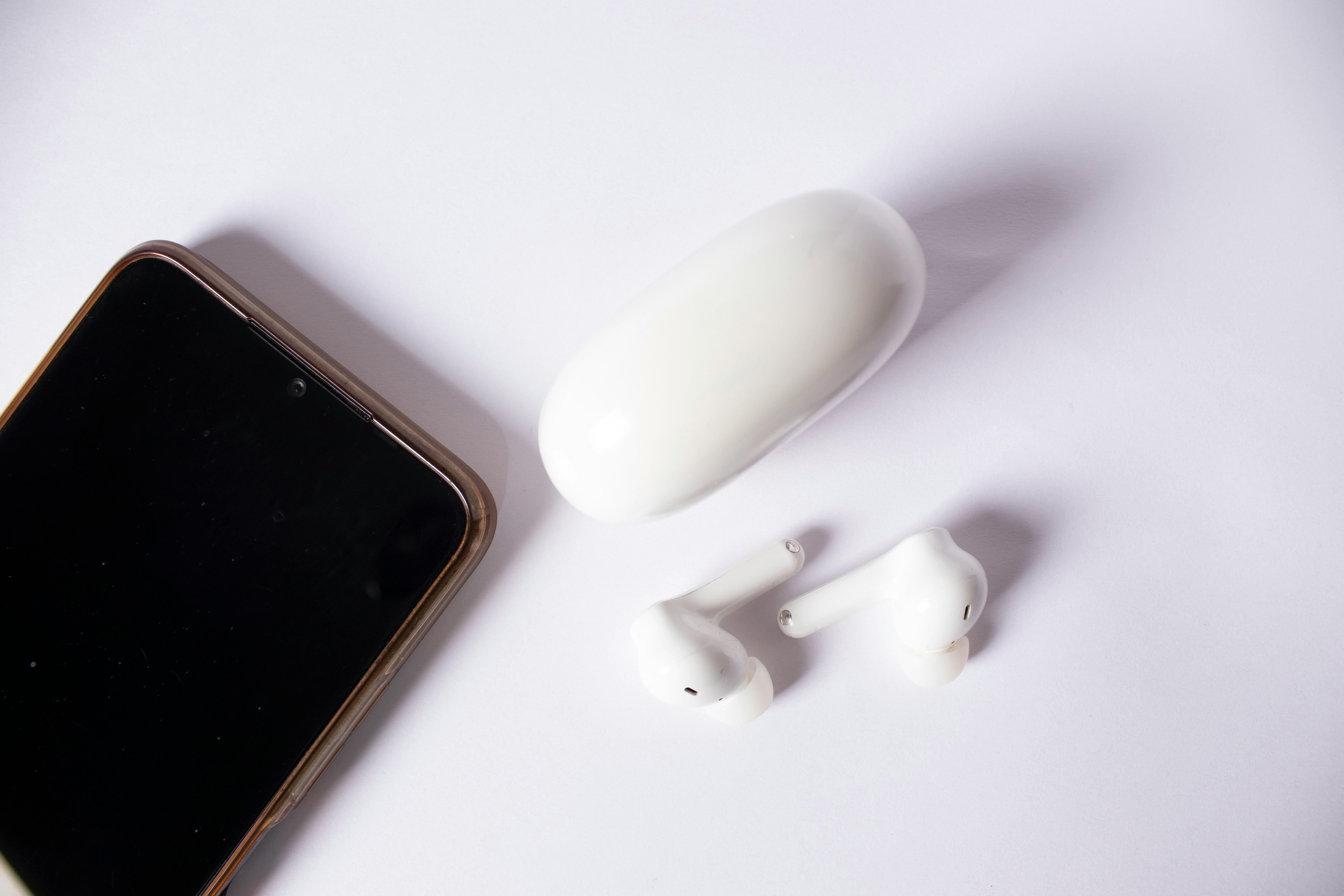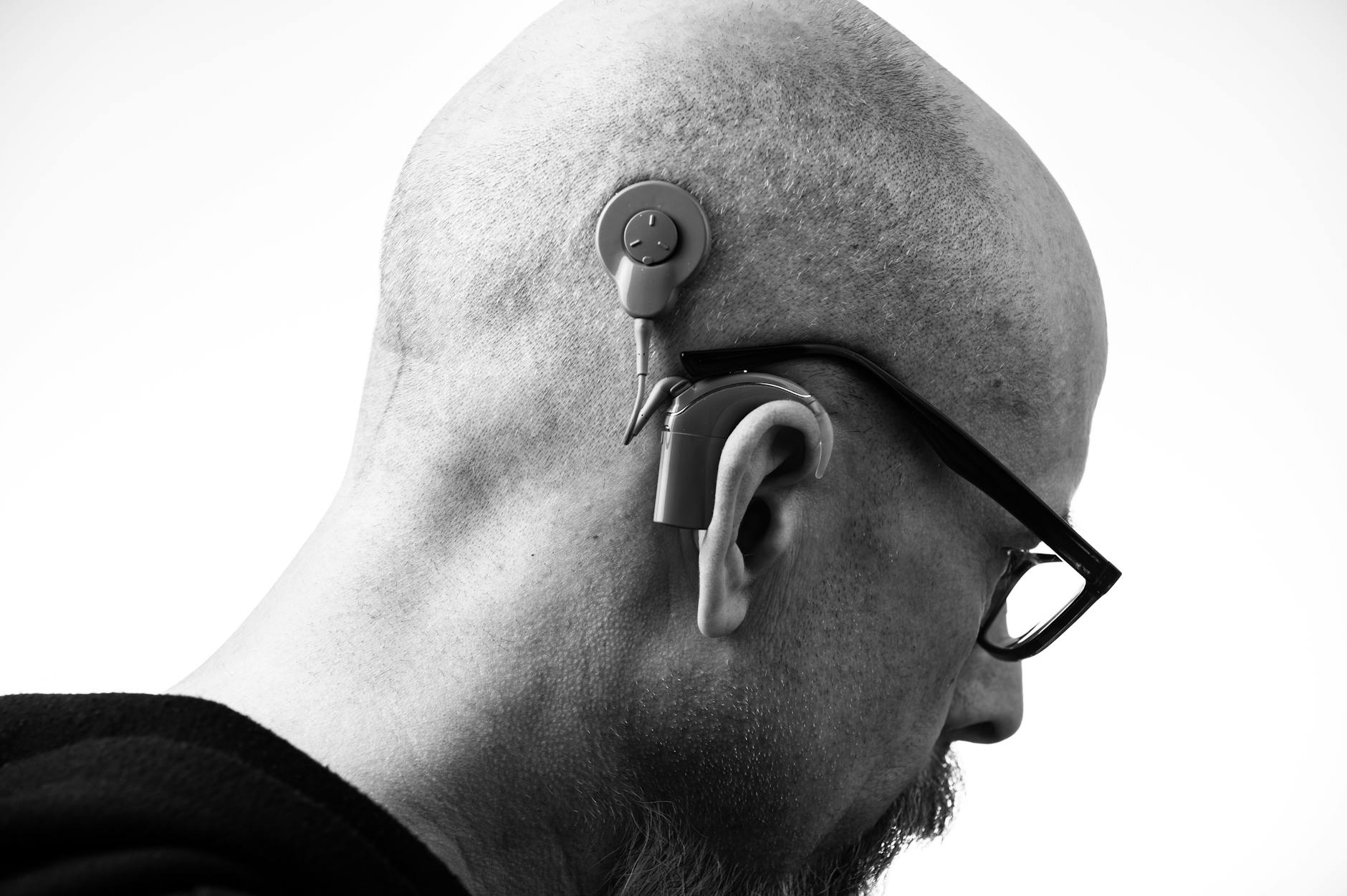Lede: Pills and infusions can save lives and soothe symptoms—but a few can also quietly dull hearing or spark tinnitus. The good news? With smart planning and fast action at the first hint of trouble, you can protect your ears without derailing necessary treatment.
What “ototoxic” really means—and why it matters
Ototoxic simply means “toxic to the ear.” Some medications can injure the inner ear’s sensory cells or the hearing nerve, leading to temporary or permanent changes in:
- Hearing (muffled sound, difficulty in noise, high‑pitch loss)
- Tinnitus (ringing, buzzing, hissing)
- Balance (unsteadiness, vertigo)
These changes can come on quickly (hours to days) or very gradually (weeks to months), and they often start in the ultra‑high frequencies you don’t notice until speech gets harder to follow—especially in restaurants or meetings.
The usual suspects: medicines that can affect hearing
Most medications do not harm hearing. A small group carries known risk—sometimes necessary, but worth managing. Never stop a medication without talking to your prescriber.
Cancer drugs (highest risk, often permanent)
- Cisplatin and carboplatin (platinum‑based chemotherapy): Can cause permanent, high‑frequency hearing loss and tinnitus. Risk rises with cumulative dose, younger age (especially children), prior noise exposure, kidney issues, and when combined with radiation to the head/neck.
IV and hospital antibiotics
- Aminoglycosides (gentamicin, tobramycin, amikacin): Can damage hearing and/or balance. Risk increases with high doses, long courses, kidney problems, or when combined with other ototoxic drugs.
- Vancomycin: Lower risk alone, but risk rises with high blood levels or combined ototoxic agents.
Diuretics (“water pills”)
- Loop diuretics (furosemide, bumetanide, ethacrynic acid): Can cause temporary hearing changes; risk increases with rapid IV dosing, high doses, kidney issues, or when combined with aminoglycosides or cisplatin.
Pain and fever reducers
- High‑dose salicylates (e.g., large doses of aspirin) and some NSAIDs (ibuprofen, naproxen): Often cause temporary tinnitus and mild hearing changes that resolve after dose reduction or discontinuation under medical guidance.
Antimalarials and others
- Quinine and related drugs (including some antimalarials) can trigger reversible tinnitus and hearing changes in some people.
ED medications
- PDE5 inhibitors (sildenafil, tadalafil, vardenafil): Rare reports of sudden hearing loss and tinnitus exist; labels carry warnings. Seek urgent medical care for sudden changes.
Ear drops (when the eardrum is not intact)
- Some aminoglycoside‑containing ear drops (e.g., neomycin) can be ototoxic if they pass through a perforated eardrum or ear tube. In these cases, prescribers often choose non‑ototoxic alternatives (e.g., certain fluoroquinolone drops).
Context matters. The same drug can be safe for many people yet risky for others based on dose, delivery (IV vs. oral), kidney function, and combinations with other medications.
Who’s at higher risk?
Personal factors
- Kidney or liver impairment (affects drug clearance)
- Preexisting hearing loss or tinnitus
- Age (very young and older adults may be more vulnerable)
- Genetics (certain mitochondrial variants increase risk with aminoglycosides)
Treatment factors
- Dose and cumulative exposure (risk generally grows with total amount)
- Infusion rate (faster IV pushes can raise risk for some drugs, like loop diuretics)
- Drug combinations (e.g., aminoglycosides + loop diuretics + cisplatin)
- Concurrent head and neck radiation
Environment and lifestyle
- Loud noise exposure during treatment (concerts, power tools, loud workouts)
- Dehydration or acute illness that stresses the kidneys
Spot trouble early: symptoms worth acting on
Call your prescriber promptly if you notice, during or after starting a new medication:
- New or worsening tinnitus (ringing/buzzing)
- Sudden difficulty understanding speech, especially in background noise
- Muffled or distorted hearing in one or both ears
- Balance changes (unsteadiness, oscillopsia, vertigo)
- Ear fullness or pressure that doesn’t clear
For any sudden hearing loss in one ear, treat it as urgent and seek same‑day medical care. Time matters.
Your prevention plan (without compromising care)
Use this checklist to have safer, more informed conversations with your care team. And remember: don’t change or stop prescriptions without medical guidance.
Before starting a potentially ototoxic drug
- Make a medication map: List all prescriptions, over‑the‑counter drugs, and supplements (including doses). Bring it to your appointment.
- Ask targeted questions:
- Is this medication known to affect hearing or balance?
- Are there equally effective alternatives with lower ototoxic risk?
- What dose, infusion rate, or duration helps minimize risk?
- Should I avoid combining it with other specific medicines?
- Book a baseline hearing evaluation: See an audiologist for an audiogram, speech‑in‑noise testing if indicated, and when possible extended high‑frequency testing (beyond 8 kHz) and/or otoacoustic emissions (OAEs). These detect changes early. If you don’t have an audiologist, ask your primary care clinician or ENT for a referral.
During treatment
- Follow a monitoring schedule: Many oncology and hospital teams coordinate audiology checks before each chemo cycle or at set intervals during IV antibiotic therapy, then again after treatment.
- Track symptoms daily: Brief notes on any ringing, fullness, or balance changes help your team act quickly.
- Protect your ears from noise: Wear well‑fitted earplugs or earmuffs in loud settings. Turn down headphones. Save concerts for later.
- Mind hydration and kidneys: Stay hydrated as advised; keep scheduled lab tests. Kidney stress increases risk with several drugs.
- Coordinate timing: When appropriate, your team may adjust infusion rates or separate ototoxic medications to reduce peak inner‑ear exposure.
If changes appear
- Contact your prescriber quickly: Share what you noticed and when. There may be options: dose adjustments, alternative agents, spacing meds, or temporary holds—always guided by your care team.
- Get a prompt hearing check: Ask for an urgent audiology appointment to document changes and guide decisions.
Special situations to know
Cancer treatment and survivorship
Platinum‑based chemotherapy is a cornerstone therapy for many cancers and can be lifesaving. Because it carries a higher risk to hearing, structured monitoring is essential. In children, specialized protocols and, in some cases, protective agents may be used. Adults benefit from baseline and pre‑cycle testing and timely rehabilitation if changes occur. If hearing loss develops, tools like modern hearing aids, remote microphones for meetings, and—when appropriate—cochlear implants can restore communication confidence. An audiologist can tailor options to your hearing and lifestyle.
Ear drops and eardrum status
If you have ear tubes or a perforated eardrum, ask whether your prescribed drop is non‑ototoxic. Clinicians often choose alternatives that are safe for the middle ear when the eardrum isn’t intact.
High‑dose aspirin or NSAIDs
Tinnitus from high‑dose aspirin is common and typically reversible after your clinician adjusts or discontinues it. Always consult before changing your dose, especially if you take aspirin for heart or stroke prevention.
What if damage has already happened?
It’s not the end of the road. If you notice persistent changes:
- Schedule a comprehensive hearing evaluation.
- Discuss rehabilitation: well‑fitted hearing aids, assistive microphones for meetings/classrooms, captioning tools, and tinnitus management can make a big difference.
- Consider specialty referral: An ENT or otologist can evaluate medical options and, for severe loss, cochlear implant candidacy.
- Level up your communication environment: improve lighting for lip cues, reduce background noise, favor quieter seating, and let colleagues know your communication preferences.
The big takeaway
Medications that help your body shouldn’t steal your hearing. By planning a baseline test, monitoring during treatment, protecting against noise, and speaking up at the first hint of tinnitus or muffled sound, you can reduce risk and stay in control. An audiologist is your ally—loop them into your care team early.
FAQs
Are hearing changes from aspirin reversible?
Often, yes. High‑dose salicylates commonly cause temporary tinnitus and mild hearing changes that improve after dose reduction or discontinuation under your clinician’s guidance. Don’t change heart‑ or stroke‑related therapy without talking to your prescriber.
How fast can ototoxicity happen?
It varies. Some changes (especially with IV drugs) can appear within hours to days; others build over weeks with cumulative exposure. That’s why a baseline test and periodic monitoring during higher‑risk therapies are so helpful.
Can supplements prevent drug‑induced hearing loss?
No over‑the‑counter supplement has proven to prevent ototoxicity in adults. In specific pediatric cancer settings, a prescription medicine (sodium thiosulfate) may be used alongside cisplatin under oncology protocols. For the rest of us, the best protection is careful dosing, monitoring, and noise avoidance during treatment.
What hearing tests are best during chemo or IV antibiotics?
In addition to a standard audiogram, extended high‑frequency testing (when available) and otoacoustic emissions (OAEs) can detect very early changes. Speech‑in‑noise testing provides real‑world insight. Ask your audiologist which tools they’ll use to track you over time.
Gentle reminder: This article is educational and not a diagnosis. If you’re starting a new medication and have questions about your hearing, consider booking an appointment with a licensed audiologist and discussing monitoring with your care team.
Further Reading
- Long COVID and Your Hearing: What We Know (and What to Do Next) (Research) - Pregnancy and Your Hearing: The Surprising Ear Changes (and How to Handle Them) (Hearing Loss) - Sleep for Your Ears: Better Nights, Calmer Tinnitus, Sharper Hearing (Lifestyle) - Hearing Supplements: Hype vs. Help (What Science Says) (Lifestyle)Frequently Asked Questions
Are hearing changes from aspirin reversible?
Often yes. High-dose salicylates can cause temporary tinnitus and mild hearing changes that typically improve after dose reduction or discontinuation under medical guidance. Always consult your prescriber before changing any medication.
How quickly can drug-induced hearing loss develop?
It can be rapid (hours to days) with some IV medications, or gradual over weeks with cumulative exposure. Baseline and periodic hearing tests during higher-risk therapy improve early detection.
Can supplements protect my hearing from ototoxic drugs?
No over-the-counter supplement has proven protection in adults. In certain pediatric oncology cases, sodium thiosulfate may be used under specialist protocols. The best protection is careful dosing, monitoring, and noise avoidance.
What should I do if I notice ringing or muffled hearing after starting a new medication?
Contact your prescriber promptly and request a hearing evaluation with an audiologist. Do not stop the medication on your own; your care team can weigh risks and benefits and adjust treatment if needed.



